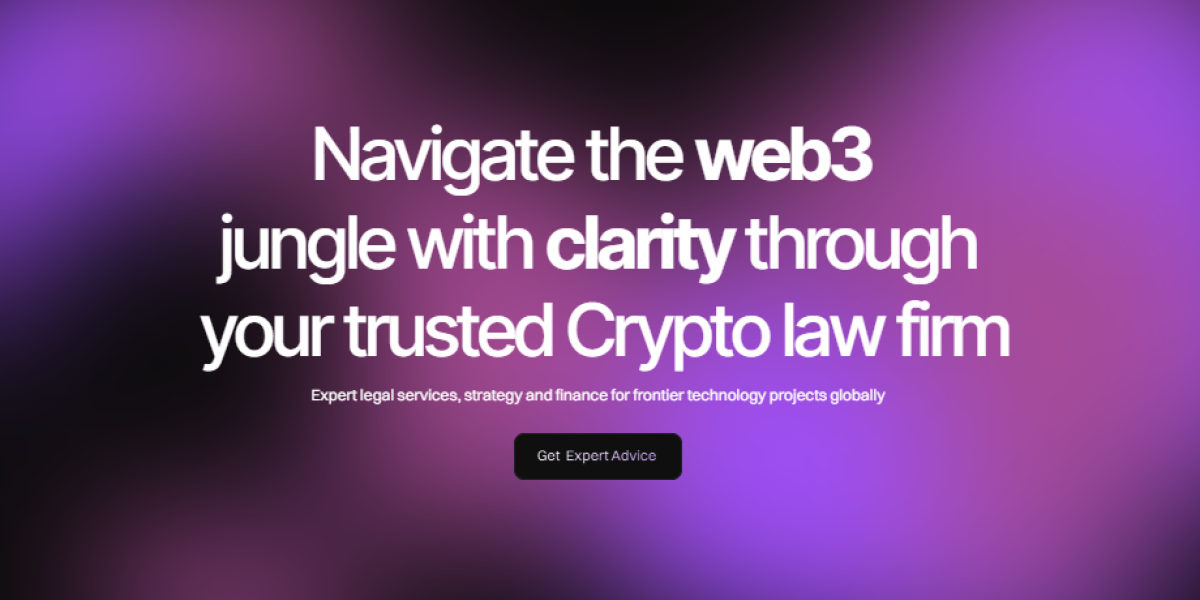Introduction
In recent years, the blockchain ecosystem has witnessed explosive growth, giving rise to a new era of decentralized governance. One of the most prominent innovations in this space is the Decentralized Autonomous Organization (DAO). DAOs operate without centralized leadership, relying on smart contracts and community consensus to manage operations. Simultaneously, the rise of tokenization has enabled these digital entities to function with their own internal economies.
As DAOs become more prominent, the need for token licensing becomes increasingly critical DAO and token licensing . The evolving regulatory landscape and the risks of unlicensed token distribution have placed a spotlight on how DAOs issue, manage, and govern tokens. This article delves into the intricate relationship between DAOs and token licensing, exploring the legal, technical, and governance implications.
Understanding DAOs
A DAO is a blockchain-based organization governed by code instead of a central authority. These organizations use smart contracts to automate decision-making processes, funding allocations, and membership rights. Members typically vote using governance tokens, and decisions are implemented based on pre-defined consensus rules.
DAOs have found applications across various sectors:
-
Investment DAOs pool capital to fund startups or purchase NFTs.
-
Protocol DAOs govern DeFi protocols like Uniswap and MakerDAO.
-
Social DAOs form around shared values or communities.
-
Grant DAOs distribute funds to developers or creators based on collective voting.
Their core advantage lies in transparency, immutability, and decentralization — key principles that align closely with the ethos of Web3.
Tokenization: The Lifeblood of DAOs
Tokens are the fuel that powers DAOs. They serve multiple functions:
-
Governance Tokens: Allow holders to vote on proposals.
-
Utility Tokens: Offer access to platform services or features.
-
Security Tokens: Represent investment contracts with the expectation of profits.
Tokens grant voting rights, incentivize participation, and determine access to resources within the DAO. But issuing and managing these tokens isn’t as simple as writing code; it often intersects with complex legal frameworks, particularly around token licensing.
What is Token Licensing?
Token licensing refers to the legal permission or framework under which tokens can be issued, distributed, or used. Depending on a token’s characteristics, it might fall under existing securities, commodities, or other financial laws — necessitating regulatory compliance.
Key considerations for token licensing include:
-
Jurisdiction: Different countries treat tokens differently. In the U.S., for example, the SEC may classify a token as a security.
-
Type of Token: Security tokens require a license or exemption. Utility tokens might not, depending on their function and structure.
-
Method of Distribution: Whether through ICOs, airdrops, or staking mechanisms, each method has implications for licensing requirements.
DAO and token licensing: A Delicate Balance
DAOs must navigate the thin line between decentralization and regulatory compliance. Here are the key areas where token licensing becomes crucial:
1. Legal Classification of Tokens
One of the most contentious issues is whether DAO-issued tokens are securities. If they are, then under laws such as the U.S. Securities Act of 1933, they must be registered or qualify for an exemption.
In the famous SEC vs. The DAO case (2017), the SEC determined that The DAO’s tokens were indeed securities. This landmark decision set a precedent, suggesting that even decentralized projects must consider traditional financial laws.
2. KYC/AML Requirements
While DAOs champion privacy, regulators often require Know Your Customer (KYC) and Anti-Money Laundering (AML) compliance — particularly for token sales. Projects must strike a balance between:
-
Maintaining decentralization and user privacy.
-
Ensuring they’re not inadvertently facilitating illicit finance.
3. Cross-border Implications
DAOs often operate globally, making them subject to a patchwork of international laws. What’s compliant in Switzerland might be illegal in China. Token licensing frameworks must account for:
-
The geographic location of token holders.
-
The nature of the token’s utility.
-
The platform’s level of decentralization.
Innovations in Licensing Models
To address these challenges, new frameworks are emerging that tailor token licensing for DAOs:
A. Regulatory Sandboxes
Some jurisdictions offer regulatory sandboxes, where blockchain projects can test their model under relaxed oversight. Countries like the UK, Singapore, and Switzerland are leading the way.
B. Token Safe Harbor Proposals
The SEC’s Safe Harbor proposal (e.g., by Commissioner Hester Peirce) suggests giving projects a 3-year grace period to build and decentralize their networks before full regulatory scrutiny — a potential lifeline for DAOs during their formative stages.
C. Decentralized Legal Wrappers
Projects like LAO, LexDAO, and OpenLaw are building legal frameworks specifically for DAOs. These “wrappers” offer limited liability, compliance tooling, and token issuance mechanisms that respect both the ethos of DAOs and legal requirements.
The Future of DAO and Token Licensing
As DAOs scale, we’re likely to see:
-
Standardized DAO Structures: Legally recognized DAO entities that can easily license tokens across borders.
-
Programmable Compliance: Smart contracts that automate KYC, AML, and securities compliance.
-
Greater Regulator Engagement: Collaboration between DAO projects and regulators to build mutually agreeable frameworks.
Despite the current uncertainty, there’s a growing acknowledgment among regulators that not all tokens are created equal — and that outright bans or heavy-handed enforcement may stifle innovation.
Conclusion
The intersection of DAOs and token licensing is one of the most critical frontiers in Web3. While DAOs promise radical transparency and decentralized governance, token licensing ensures legal accountability and investor protection.
Finding harmony between these two forces is not just a legal necessity — it’s essential for long-term legitimacy and mass adoption. DAOs that embrace responsible token licensing while maintaining decentralization will be best positioned to thrive in a rapidly maturing digital economy.












